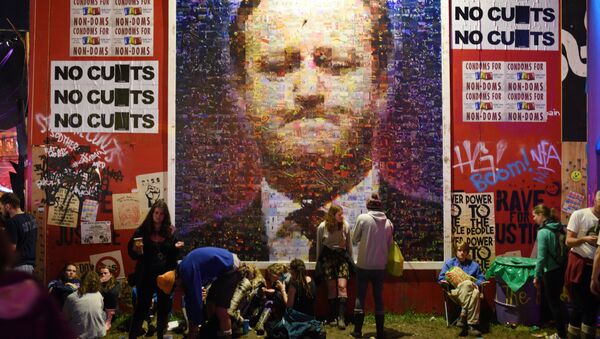MOSCOW (Sputnik), Anastasia Levchenko — In-work benefits imply various non-wage compensations provided to employees with low incomes.
On Sunday, the Downing Street spokesperson stated that the European Commission had tabled a text recognizing the strain on UK public services sufficient to trigger the so-called emergency brake immediately, allowing the country to deny in-work benefits to new arrivals for up to four years.
"It is very unlikely to have any impact on migrant numbers. The minimum wage is about to increase by a substantial amount in the United Kingdom, so there will still be a strong incentive for people from other EU countries with lower incomes to come here," Jack Montgomery said.
For many professionals from Central European countries, it is still more profitable to work as bartenders in the United Kingdom, even without in-work benefits, "than engineers at home," he added.
"People who are already here and claiming benefits will continue to do so, because Mr. Cameron is only proposing a temporary ban for new migrants. New migrants will not lose out because the minimum wage is about to go up… It is a big fuss about nothing to make the Prime Minister look like he is fighting the EU, when he is really asking for nothing important," Montgomery stressed.
To solve migration issue and ease the burden on public services, Britain needs to have full control over immigration, being able to decide how many people can come to the country and what qualifications they should have, independently from Brussels, the Leave.EU campaigner noted.
Cameron and European Council President Donald Tusk met in London on Sunday in a bid to finalize a batch of draft proposals for EU reform in four areas, set out by the UK prime minister.
In order to continue UK membership in the bloc, Cameron wants Brussels to allow Britain stay out of the EU movement toward an "ever closer union," to make an explicit statement that euro is not the official currency of the union, to allow national parliaments to block EU legislation and, finally, to give Britain more independence in migration policy.
Cameron’s office said much had been done but there is still hard work required, including on economic governance and abuse of free movement. Next key meeting for Cameron’s renegotiation process will be held in Brussels on February 18.



